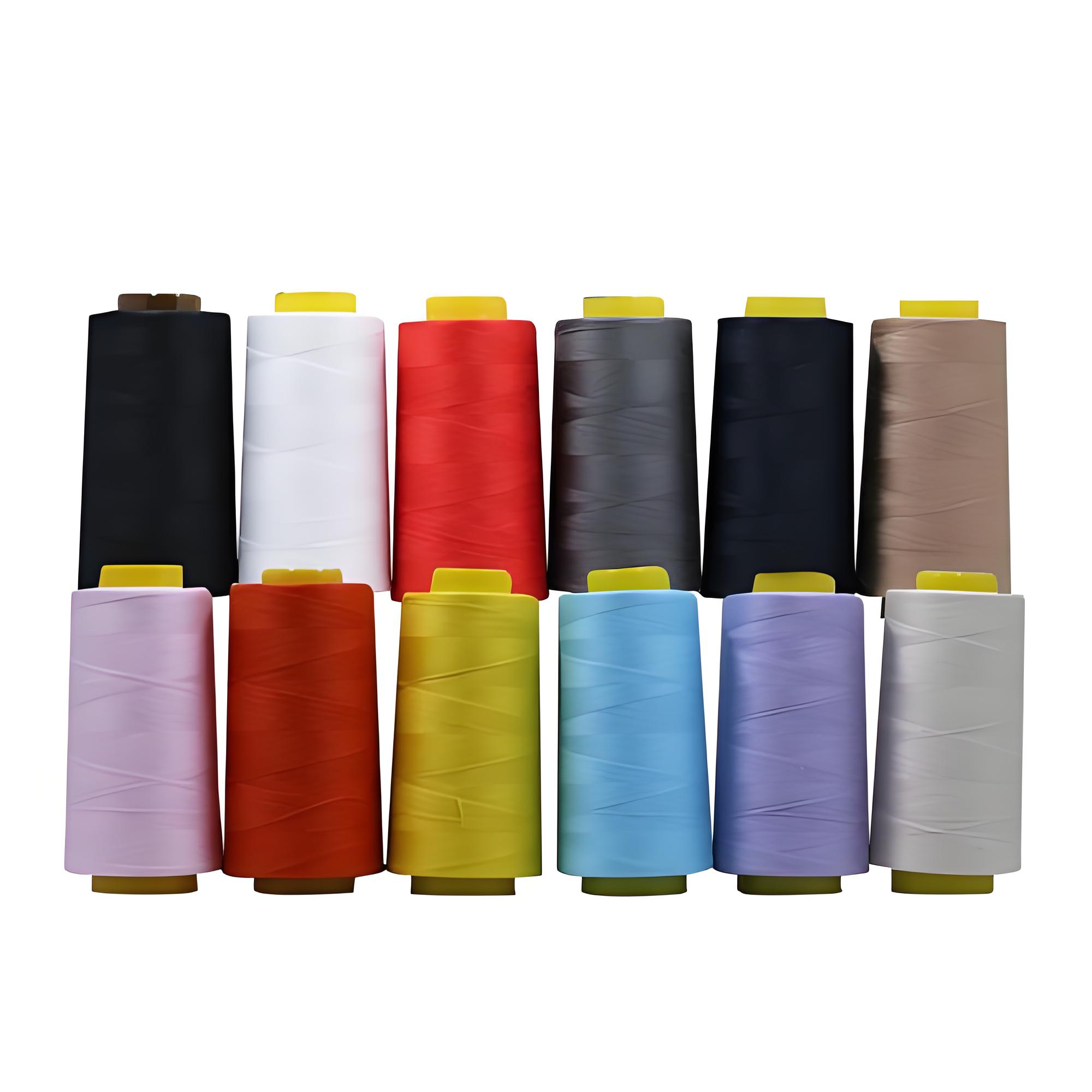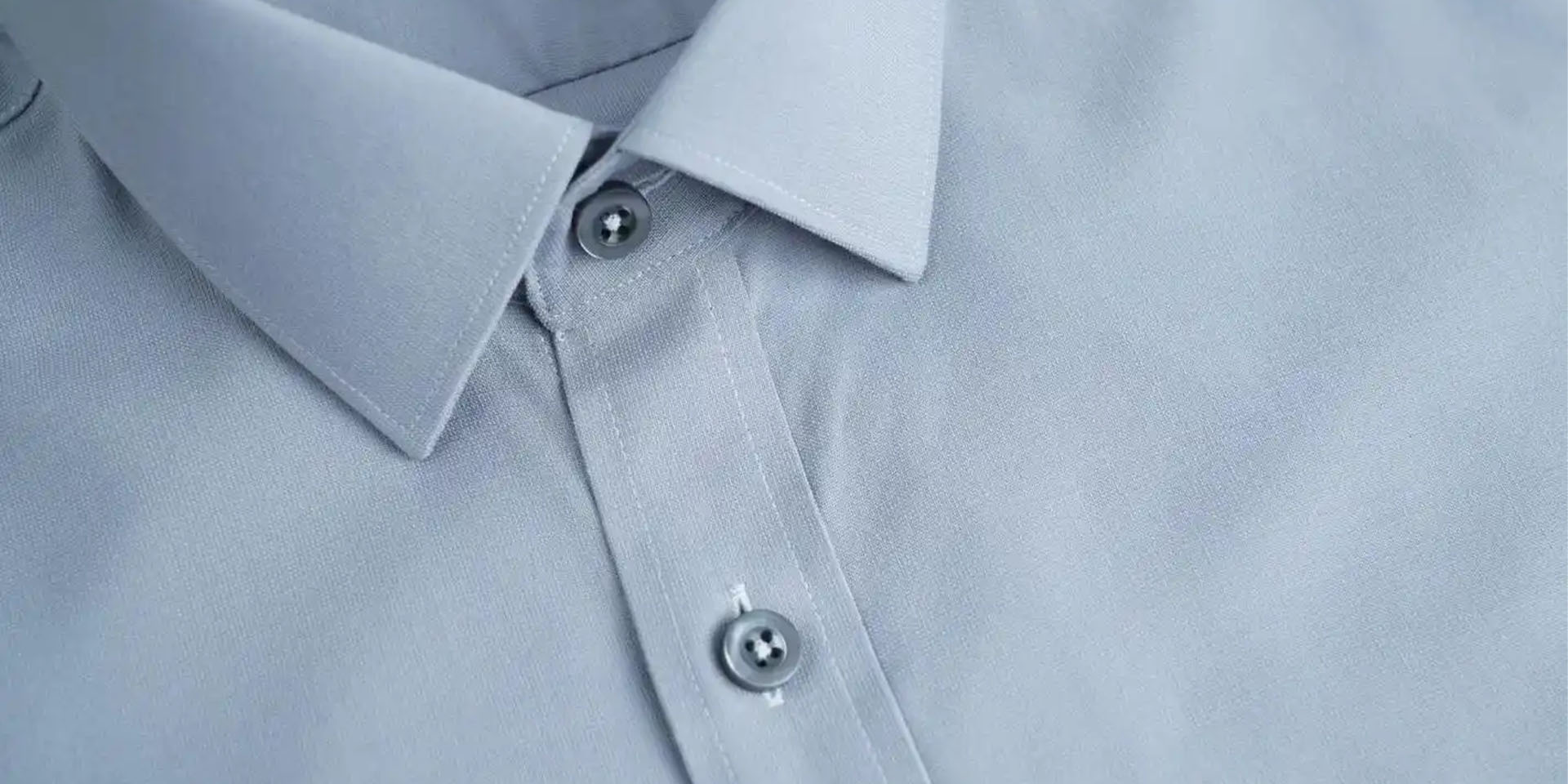Polyester sewing thread 60/2 and Polyester sewing thread 60/3 are two industry-standard variants that dominate textile manufacturing, home furnishing, and industrial production. Renowned for their exceptional strength, durability, and resistance to wear, these threads cater to distinct stitching requirements. Polyester sewing thread 60/2 excels in lightweight, precision-driven applications, while Polyester sewing thread 60/3 is engineered for heavy-duty, high-stress environments. Their versatility spans apparel, automotive interiors, outdoor gear, and technical textiles, making them indispensable tools for achieving durable, high-quality seams. This article explores their unique properties, targeted applications, and the industries that rely on their performance.


The decision to use Polyester sewing thread 60/2 or 60/3 hinges on fabric type, seam stress, and end-use requirements:
- Fabric Weight: 60/2 suits fabrics under 8 oz/yd² (e.g., chiffon, satin), while 60/3 handles materials above 12 oz/yd² (e.g., denim, canvas).
- Stitch Density: 60/2 works with 8–12 stitches per inch (SPI) for fine seams, whereas 60/3 performs best at 6–8 SPI for bulkier joins.
- Endurance Needs: 60/3 is mandatory for load-bearing seams in automotive or outdoor gear, while 60/2 suffices for decorative or low-stress applications.
-
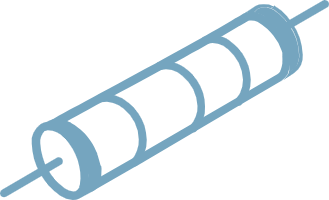 Superior Tensile and Tear Resistance
Superior Tensile and Tear ResistanceWith 50% greater ply density than 60/2, Polyester sewing thread 60/3 withstands heavy loads and repetitive stress. It is the preferred choice for seams in denim jeans, workwear, and leather goods, where thread failure could compromise product integrity.
-
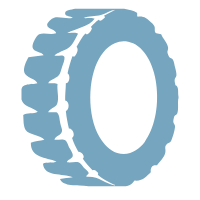 Enhanced Stability Under Tension
Enhanced Stability Under TensionThe thread’s reduced elongation under load ensures seams remain intact even when subjected to pulling or stretching. This property is vital for automotive seat covers, which endure constant friction and weight, and for industrial conveyor belts requiring long-term abrasion resistance.
-
 Compatibility with Thick or Multi-Layered Fabrics
Compatibility with Thick or Multi-Layered FabricsPolyester sewing thread 60/3 is engineered for dense materials like canvas, upholstery fabrics, and technical textiles. Its thickness prevents breakage when penetrating multiple layers, such as in quilted jackets, padded furniture, or heavy-duty tarpaulins.
-
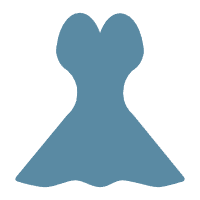 Industry-Specific Applications
Industry-Specific ApplicationsThis thread dominates sectors requiring rugged performance:
Automotive: Stitching car seats, seat belts, and interior panels.
Outdoor Equipment: Reinforcing seams in tents, backpacks, and hiking boots.
Industrial Safety Gear: Assembling fire-resistant uniforms, harnesses, and protective covers.

-
Consultation
 The customization process begins with a detailed consultation, where we discuss the client's specific needs, including thread thickness, color requirements, and application-specific demands. Our team of experts works closely with the client to understand their unique requirements and provide recommendations.
The customization process begins with a detailed consultation, where we discuss the client's specific needs, including thread thickness, color requirements, and application-specific demands. Our team of experts works closely with the client to understand their unique requirements and provide recommendations. -
Quotation
 Once the requirements are clearly defined, we provide a detailed quotation that outlines the cost, delivery time, and other relevant details. Our quotations are transparent and comprehensive, ensuring that clients have a clear understanding of the costs involved.
Once the requirements are clearly defined, we provide a detailed quotation that outlines the cost, delivery time, and other relevant details. Our quotations are transparent and comprehensive, ensuring that clients have a clear understanding of the costs involved. -
Production
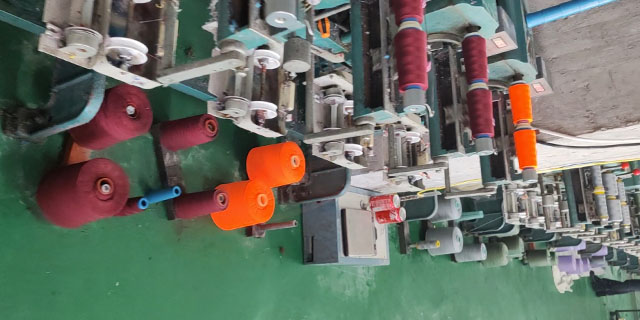 Our production process is highly efficient and quality-focused, ensuring that the customized threads meet the highest standards of performance and durability. We use state-of-the-art equipment and rigorous quality control measures to produce threads that exceed industry standards.
Our production process is highly efficient and quality-focused, ensuring that the customized threads meet the highest standards of performance and durability. We use state-of-the-art equipment and rigorous quality control measures to produce threads that exceed industry standards. -
Shipping
 After production, the customized threads are carefully packaged and shipped to the client within the agreed timeframe. We offer reliable logistics solutions to ensure that the threads reach the client promptly and in perfect condition.
After production, the customized threads are carefully packaged and shipped to the client within the agreed timeframe. We offer reliable logistics solutions to ensure that the threads reach the client promptly and in perfect condition.
-
How can I accurately determine whether I should use Polyester sewing thread 60/2 or 60/3 for my project?
The choice depends on three key factors: 1.Fabric thickness: 60/2 is suitable for light to medium fabrics (such as silk, thin cotton, synthetic fibers), while 60/3 is designed for heavy or multi-layered fabrics (such as canvas, leather, car interior). 2.Sewing strength requirements: If it needs to withstand frequent stretching or loads (such as backpacks, car seats), 60/3 is preferred; if it is for daily clothing or home textiles (such as shirts, sheets), 60/2 is more suitable. 3.Sewing machine compatibility: 60/2 is suitable for fine sewing machines with high needle frequency (8-12 stitches/inch), while 60/3 needs to be adapted to heavy equipment with low needle frequency (6-8 stitches/inch).
-
I need a special color, can the customized service meet it? Can the customized color be guaranteed to be exactly the same as the sample I provided?
Our customized service can meet your special color needs. We use advanced dyeing technology and professional color matching system to ensure that the customized color is highly consistent with the sample you provide. Before production, we will provide samples for your confirmation to ensure that the color meets your requirements. If necessary, we can also perform color management according to your brand standards to ensure the color stability of each batch.
-
If I choose a custom service, how long will it take from order to delivery? Can it be expedited?
The lead time for custom services usually depends on the complexity of the customization and the order volume. Generally speaking, it takes 15-25 working days from order to delivery. If your project has urgent needs, we can provide expedited services. We will arrange the production plan according to your specific needs to ensure on-time delivery.
-
What are the quality standards of these two sewing threads? Are there any relevant certifications or test reports available?
Our sewing threads strictly follow international quality standards, including ISO 9001 quality management system certification and OEKO-TEX Standard 100 environmental certification. Each batch of products will undergo strict quality testing, including tensile testing, abrasion resistance testing, color fastness testing, etc. We can also provide detailed test reports according to your needs to ensure that the sewing threads you use meet the highest standards.
-
Do you provide samples for testing?
Many suppliers provide free samples for customers to test, but customers may need to pay for shipping. It is recommended to confirm the sample policy with the supplier before placing an order.
-
My order quantity may be relatively small. Is there a minimum order quantity requirement? If the order quantity is small, will it affect the price or delivery time?
We understand that customers have diverse needs, so we try to reduce the minimum order quantity to meet the needs of different customers. For standard specifications, the minimum order quantity is 100 kilograms; for customized products, the minimum order quantity is one container. If your order quantity is small, we will still try our best to meet your needs, but the unit price may be adjusted according to the customization cost. The delivery time is usually not affected by small order quantities, and we will arrange production and delivery according to standard procedures.

